► Session 1a: Trade and climate change
(Chaired by Jiahua PAN)
Climate change being a global issue and arguably a global public ‘bad’, international collaboration is fundamental to ensuring effective policy response. The Kyoto Protocol offers three mechanisms for sharing the responsibility: the Clean Development Mechanism (CDM); Joint Implementation (JI), and Emissions Trading. Under the Protocol, specific requirements to reduce greenhouse gas apply only to developed countries, although possibilities are open for similar restrictions to be applied to developing countries in the future. Some have argued that this has limited the impact of the Protocol. This session explores the controversial role of developing countries in addressing the issues raised by the Kyoto Protocol. It aims to specifically examine how climate change policies and methods might be adapted to a developing country context, including, for example, the wider promotion of CDM and greater collaboration on carbon trading.
Jiahua PAN, Director, Urban Development and Environment Research Center, CASS
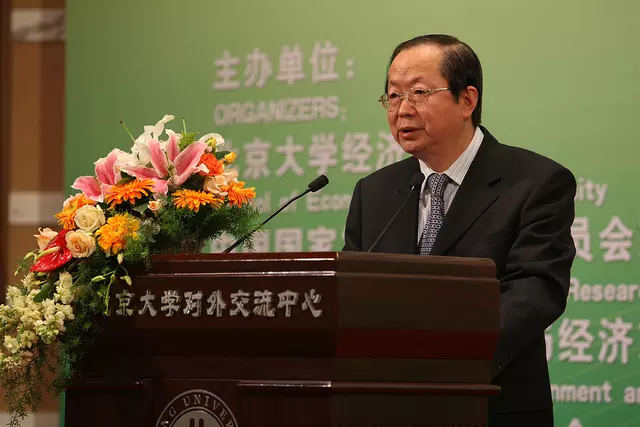
Pan Jiahua makes some research in environmental economics, sustainable urbanization, global change and the world economy and sustainable developing economics. He has published more than 200 papers, written four monographs and one translation. He edited three large-scale international comprehensive assessment reports and essays. Among them, a paper and a monograph got the excellent achievement of the first award and the second award of Chinese Academy of social Sciences. A series of books Pan Jiahua took part in as the editor got awards of National Scientific and Technological Progress.
Muthukumara MANI, Senior Environmental Economist in the World Bank's Environment Department

He has Ph.D. and M.A. in Environmental Economics from the University of Maryland, College Park and M.A. in Economics from Loyola College, Madras, India.
His research has focused on pollution prevention
policy, natural resources management, environmental
taxes, environmental institutions and governance, and trade and environment issues. His work has appeared in the journals such as Journal of Development Economics, Economic Development and Cultural Change, Environment and Resource Economics, Land Economics, World Economy, Public Choice, and The Journal of Environment and Development. He has also co-authored several policy research working papers for the World Bank and the International Monetary Fund.
Prior to joining this position, he was an Economist in the Fiscal Affairs Department of the International Monetary Fund, where he was responsible for analyzing environmental implications of macroeconomic policies and programs and in integrating environmental considerations broadly in the country programs. Prior to joining the International Monetary Fund, he was with the World Bank and his work as an Environmental Economist encompassed policy research, training and capacity building, and projects and program evaluation.
Fulai SHENG, Senior economist, UNEP’s Economics and Trade Branch
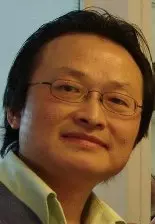
His areas of expertise include integrated policymaking, international payments for ecosystem services, and integrated economic and environmental accounting. Currently, he is leading a UNEP technical team on a global green economy initiative. Sheng holds a Masters degree in economics from the Shanghai University of Finance and Economics. Over the last twenty years, he has served the Chinese Ministry of Finance, the World Bank, the World Wide Fund for Nature, and Conservation International. His major publications include: Real Value for Nature – An Overview of Global Efforts to Achieve True Measures of Economic Progress; Comparative Assessment of Development Options; Macroeconomic Policies, Poverty and the Environment (co-author); Rights, Wants and Needs: Economic Instruments and Biodiversity Conservation; and Integrated Policymaking for Sustainable Development (co-author).
Liucai ZHU, Research Fellow, Center for Human and Economic Development Studies, China
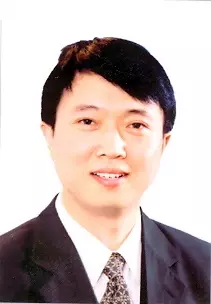
► Session 1b: Green cities
(Chaired by: Suocheng DONG)
Dealing with environmental challenges and meeting the needs of a growing population have changed the way cities operate. With regulations becoming more stringent on what can go back into the ecosystem (air, soil, water), local governments are expected to manage their city in a responsible manner and to promote sustainable lifestyles. From water to waste management, cities are encouraged to reduce their impacts, avoid waste and limit pollutions. This transformation requires moving from a linear model, according to which a city is a resources consumer and a waste producer, to a more integrated and circular model, which turns waste into resources and develops alternative technologies. The change towards an eco-friendlier management calls for the cooperation of all, governments, business sector, communities, experts, etc.
Terry MC GEE, Former Director, University of British Columbia, Canada
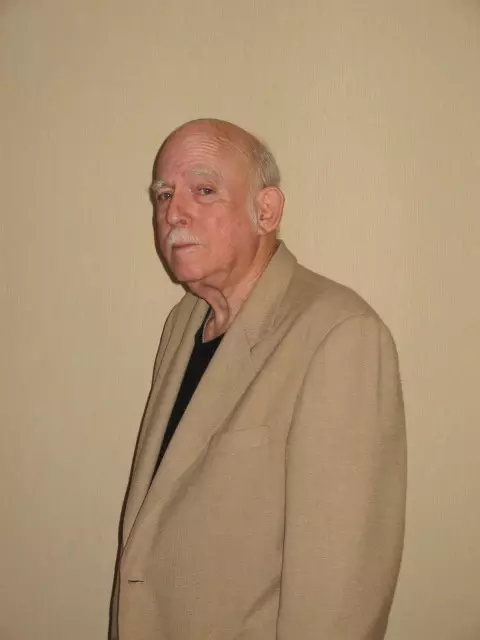
Hongchun ZHOU, Division Chief Research Professor, Development Research Center of the State Council, China
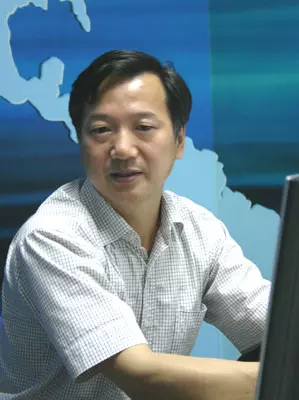
In 1992 after getting PhD, he worked in Social Department of former State science and technology Commission, engaged in management of projects of science and technology. From 1993-1997, he worked in Administrative Center of China’s Agenda 21. During this period, he participated to formulate China’s Agenda 21, Report on Country Report of Sustainable Development etc. In 1997, he was moved to DRC, engaged in researches on theories of sustainable development, industry and policy, policies for environmental protection, circular economy etc. Dr. Zhou has published numerous papers in academia, books and reports for the government, collaborated several books, completed many research subjects supported by National Social Sciences Foundation of China, National Natural Science Foundation of China, or by the State Council, National Development and Reform Commission, Ministry of Finance of PRC, Ministry of Science and Technology, DRC, Beijing Municipal Science and Technology Commission, etc., undertaken ten international cooperation projects and consultation tasks of UNEP (United Nations Environment Program), World Bank, UNDP (United Nations Development Program), WWF (World Wide Fund for Nature), Germany etc.
Manfred FISCHEDICK, Director, Wuppertal Institute for Climate, Germany

Manfred Fischedick has more than 15 years experience in energy system analyses, he is author of different books and per reviewed articles, member of several scientific boards and has different lectures in the field of energy and environmental science (for example: University of Wuppertal and Kassel).
Suocheng DONG, Director of Regional Eco-economic Research and Planning Center, Chinese Academy of Sciences
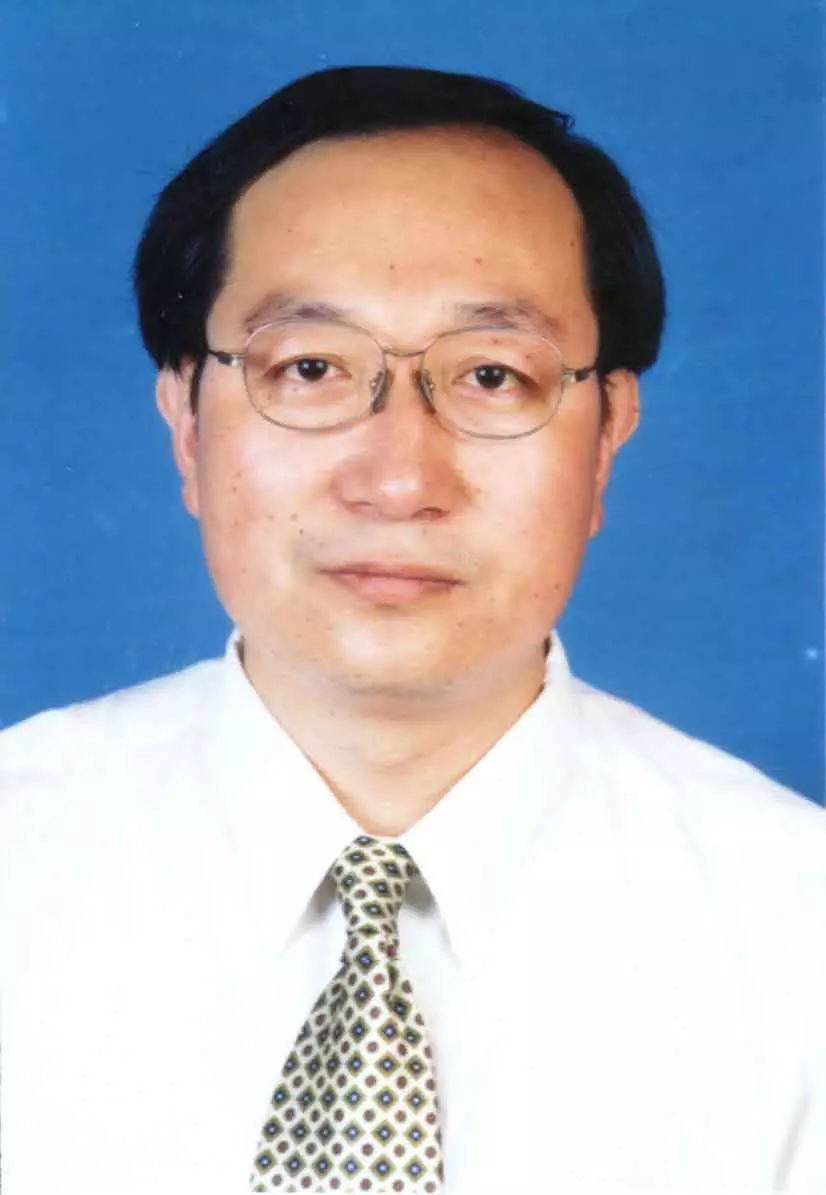
Shaoyao NIU, Former Vice-chairman of Yun Nan Province National People's Committee
► Session 1c: Urban environment and health
(Chaired by: Jennifer Holdaway)
The quality of the urban environment will play and increasing role in public health as cities will potentially concentrate emerging environmental and health hazards. Therefore, the monitoring of the impacts on health of urban sources of pollution (air, water, etc) and their control are necessary. Integrating the management of health and urban pollution in cities can help prevent health-threatening environmental issues. Cities can contribute to human well being if they achieve to protect urban dwellers health and deal with challenges such as the access to sanitation, waste management, outdoor and indoor air pollution.
Jennifer HOLDAWAY, Program Director, Social Science Research Council, USA

Steven ALLENDER, Senior Researcher, Department of Public Health, University of Oxford, UK
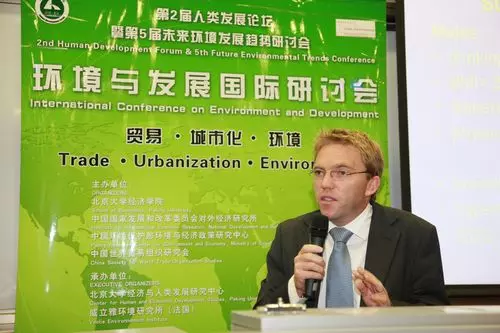
Steve joined the British Heart Foundation Health Promotion Research Group in July 2005. Before that he was a Research Fellow at the University of Oxford Department of Public Health, where he was responsible for the Occupational Health Services in Higher Education study, a UK wide study of occupational health service provision in UK universities. He has also worked on the epidemiological study of Porton Down Veterans and taught research methods, health promotion and discourse analysis on a number of courses.
Steve works on the Coronary heart disease statistics project and is also collaborating with Deakin University.
Kam Wing CHAN, Professor, Deptartment of Geography, University of Washington
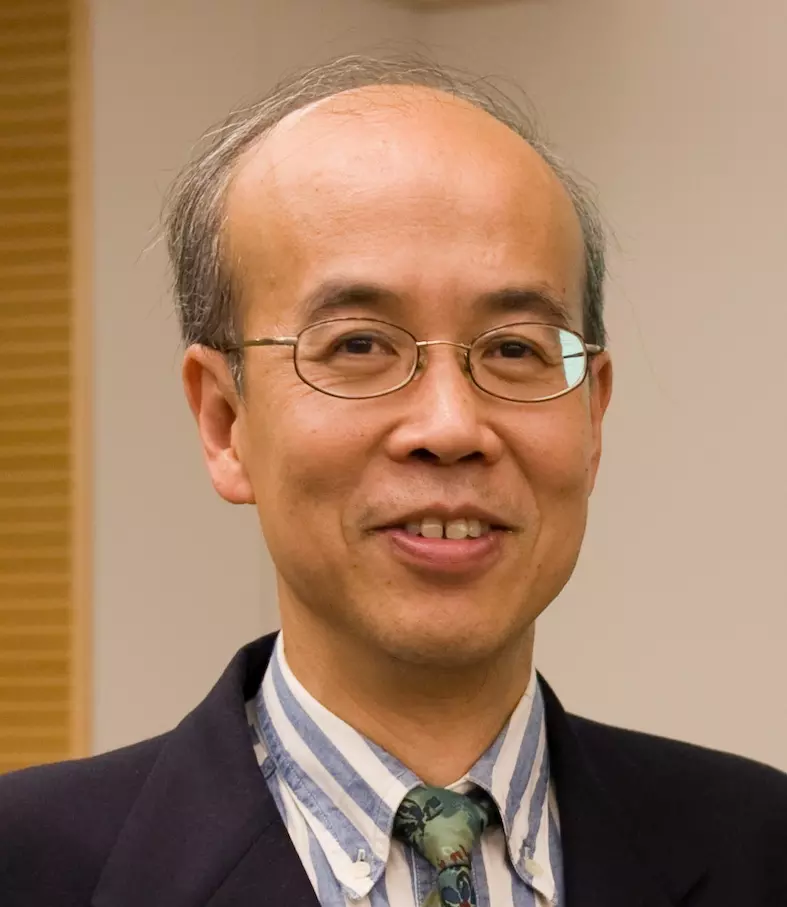
Minquan LIU, Professor and Director, School of Economics, Peking University
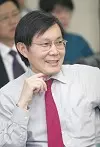
In addition to being the Director of CHEDS, Dr. Minquan Liu is also the Director of the Department of Environmental, Resource and Development Economics, which is part of the School of Economics, PKU. Over the past decade, he has worked on over 20 important research projects, focusing on problems in the Chinese countryside (especially Rural Finance and infrastructure investment) and Foreign Direct Investment.
After graduating from Oxford University with a doctoral degree in Economics, Dr. Liu spent a number of years working at academic institutions in the UK, including Cambridge University and Leicester University, where he was a Lecturer in Economics. In 1999, he returned to China to take up a post as Professor of Economics at the Hopkins-Nanjing Center, Johns Hopkins University. He started lecturing at PKU in 2005. As a result of his sustained focus on issues relating to living standards and conditions, his interest and research direction have shifted into human development-related fields, including theoretical and practical research, especially the relationships between economic development and the development of social sectors such as health, education and the environment. Through the establishment of the Center for Human and Economic Development Studies (CHEDS), Dr. Liu hopes to advance the cause of human development in China.
Wuyi WANG, Researcher, Institute of geographic sciences and natural resources research
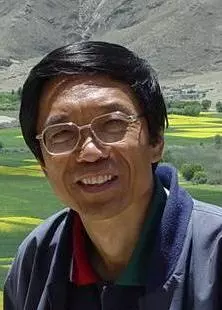
Speakers' Contributions (Sessions 1a, 1b, 1c)
► Session 2a: Green Trade Policy
(Chaired by: HU Tao)
Trade issues are closely related to environmental issues. Non-sustainable trade will exacerbate environmental pollution, while a heavily polluted environment will have a negative impact on trade growth. Thus, green trade policies are essential to achieving a harmonious development of trade and the environment. Appropriate environmental protection and trade measures will need to be adopted to optimize the trade structure, adjust the total trade volume, and improve the environment. This session explores issues ranging from green trade measures (including tariff and non-tariff measures), carbon tariff, and experiences of developed countries in green trade policies, etc.
Tao HU, Researcher, Environmental and Economics Policy Research Center, Minister of Environmental Protection
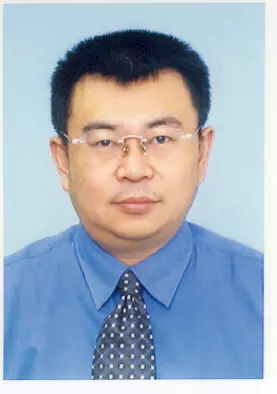
Dr. HU Tao is an affiliate Faculty Member of Business School of Oregon State University. Dr. HU Tao’s research topics cover environmental economics, policies and governance issue; globalization, trade and environment issue; and climate change mitigation issue.
Mikael SKOU ANDERSEN, Professor, University of Aarhus, Denmark

Yongmin BIAN, Professor, School of Law, University of International Business and Economics
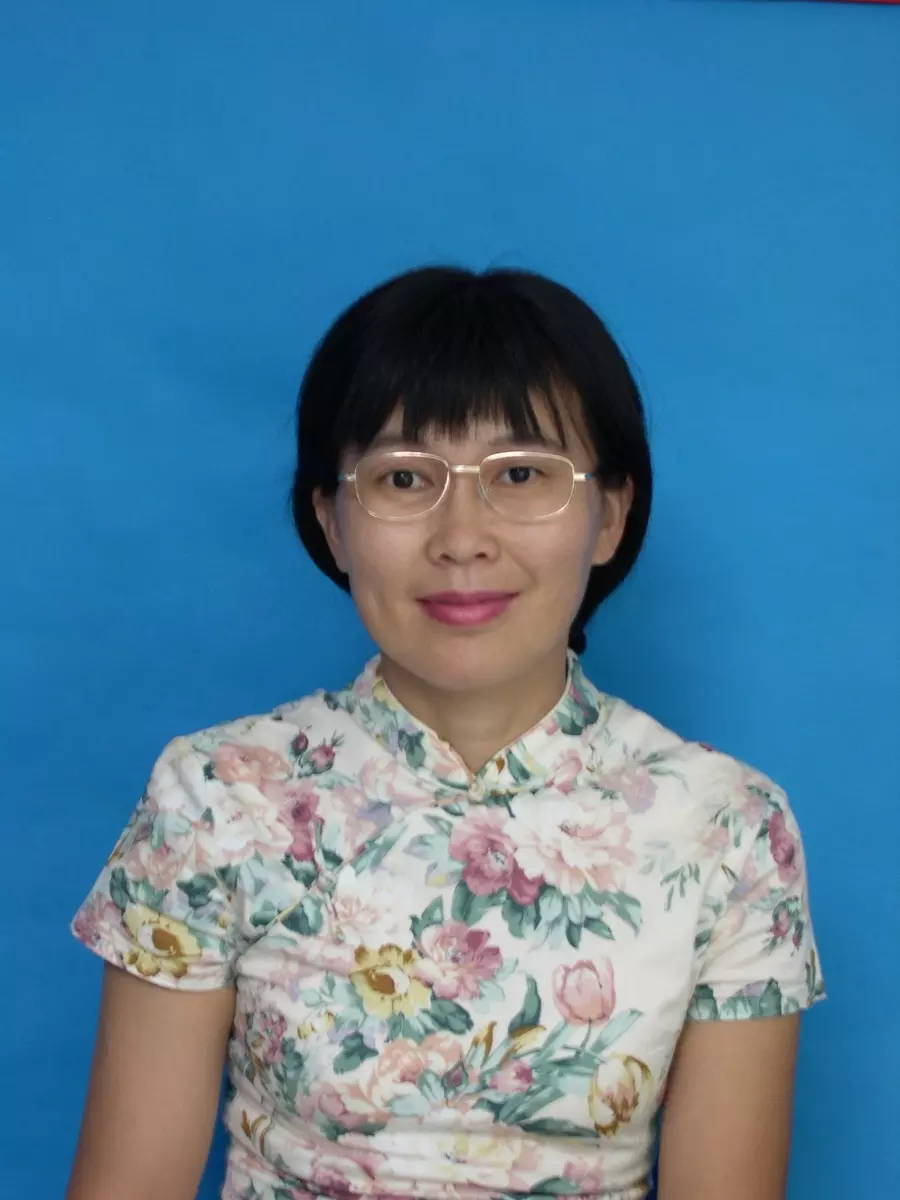
Shailaja FENNELL, Lecturer in Development Studies, University of Cambridge, UK

Shailaja Fennell is a University Lecturer in Development Studies attached to the Department of Land Economy, University of Cambridge and a Fellow of Jesus College. She was awarded her degrees of BA, MA and MPhil in Economics from the University of Delhi, and then went on to read for her MPhil and PhD at the Faculty of Economics and Politics, University of Cambridge. Her earlier research work has examined the long term trends in cereal production in China and India. She is currently an international leader of a project on public private partnerships in education within the DFID funded research consortium on educational outcomes and poverty (RECOUP) that is across four countries, Ghana, India, Kenya and Pakistan. Shailaja’s research interests include institutional and legal reform, agricultural transformation, provision of public goods, and the intersections between gender, kinship and ethnicity. She is working on a manuscript titled Grains, Growth, Governments and Globalisation: a political economy of agriculture.. Her recent publications include Rules, rubrics and riches: the relationship between legal reform, institutional change and international development (2009) Routledge, Gender Education and Development: conceptual frameworks, engagements and agendas (2007) Routledge (edited with M. Arnot), and 'The ethics of population control', in D. Clark, ed., Elgar Companion to Development Economics (2006).
Hongyan GUO, Research Fellow, Center for Human and Economic Development Studies, Peking University
Xianqiang MAO, Professor, School of Environment, Beijing Normal University
Dashu WANG, Professor, School of Economics, Peking University
► Session 2b: Mobility
(Chaired by: Jiang Yulin)
This session has been organized in collaboration with the Institut pour la ville en mouvement (City on the Move)
With rapid urbanization and growing environmental concern, local actors have to integrate these constraints and adapt the spatial organization of the city while offering innovative mobility options. From public transport (buses, tramways, etc.) to bicycles and car sharing, there is a need to find alternatives to private car use, especially in rapidly urbanizing countries. Not only would it contribute to limit traffic congestion, and reduce air pollution, but it would help make cities more liveable and sustainable.
Yulin JIANG, Director of the Urban Transportation Center, China Academy of Transportation Sciences
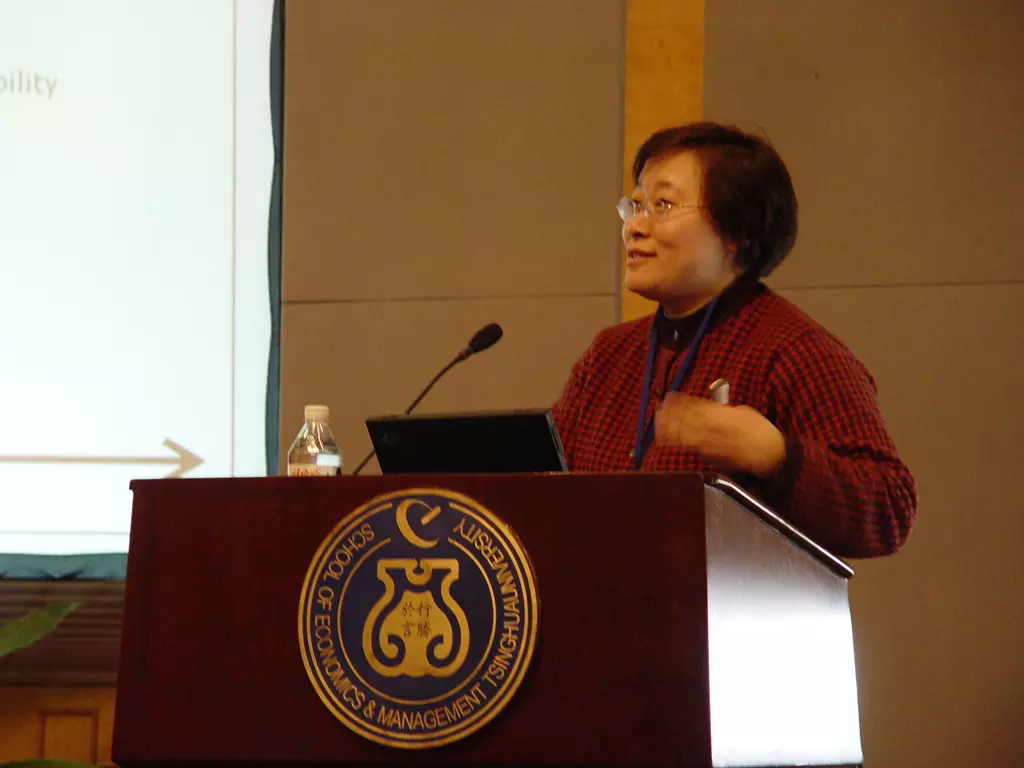
Dr. Jiang has led CUSTReC to international prominence by building strong partnerships with Chinese government agencies and international organizations, integrating interdisciplinary research and public outreach programs, and connecting research with education.
Daniel CUKIERMAN, CEO, Veolia Transport, Asia
François MOISAN, executive Director of Strategy and Research and Scientific Director, ADEME
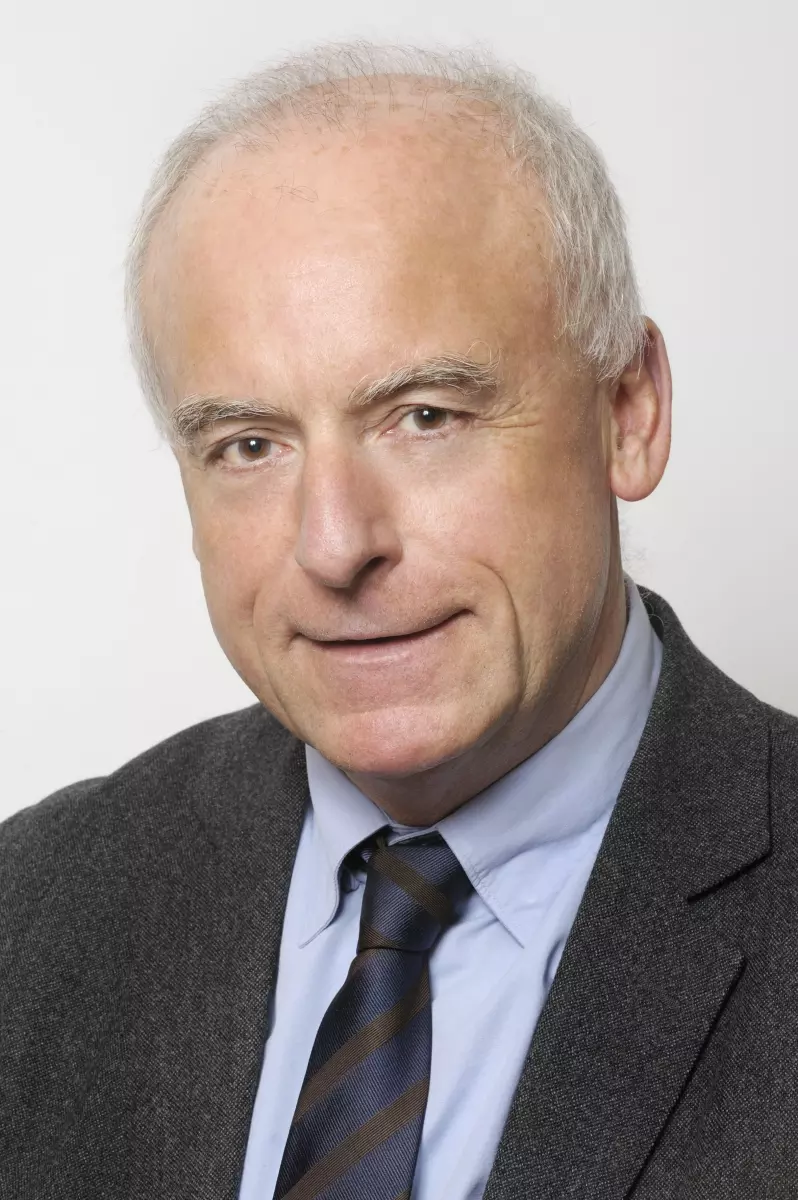
He joined the French Agency on Energy in 1982.
He was Chairman of IEA (International Energy Agency) energy efficiency working party (2002-2005) and Chairman of the European Council for an Energy Efficient Economy (ECEEE, sister of ACEEE).
He is Chairman of the Energy Efficiency Committee of World Energy Council. He was involved in Kyoto Protocol negotiation from 1997 to 2004. He is member of the International Partnership on Hydrogen Economy as French representative. François Moisan is Electrical Engineer and Doctor in Economic Science (Université de Grenoble)
Jean-François DOULET, Associate Professor, and Head of the China Programme, Institut pour la ville en mouvement
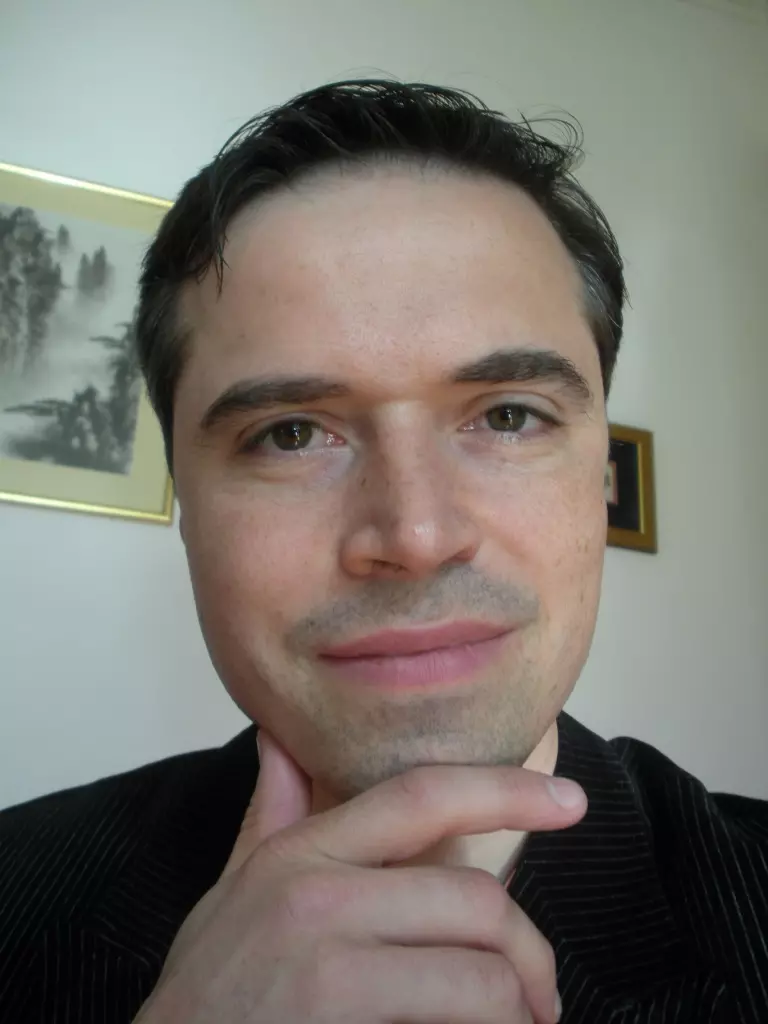
Jean-François Doulet, associate professor at the Paris Institute of Urban Planning, is the head of the Institut pour la ville en movement (City on the Move) China Programme (www.city-on-the-move.com). Member of Lab’Urba, he conducts international comparative research on innovation in transportation and mobility policies. China specialist, he has been watching urban change in China for more than 15 years. Jean-François Doulet recently launched a prize called “Better Mobility, Better Life” aiming at promoting innovative mobility solutions in Chinese cities.
Haixiao PAN, Professor, College or Architecture and Urban Planning, Tongji University
► Session 2c: Environment and human development
(Chaired by: Adil Najam)
From the human development (HD) viewpoint, economic growth is merely a tool for achieving the underlying goal of human development—an expansion of human capabilities. How are environmental concerns to be addressed within this view? What accounting metrics could there be to include the environment from this viewpoint, and how would this compare with the Green GDP paradigm? Papers on issues of the meaning and demands of sustainable human development, and empirical studies of environmental and sustainability issues from an HD perspective are also welcome.
Adil NAJAM, Frederick S. Pardee Professor of Global Public Policy; Director, Pardee Center
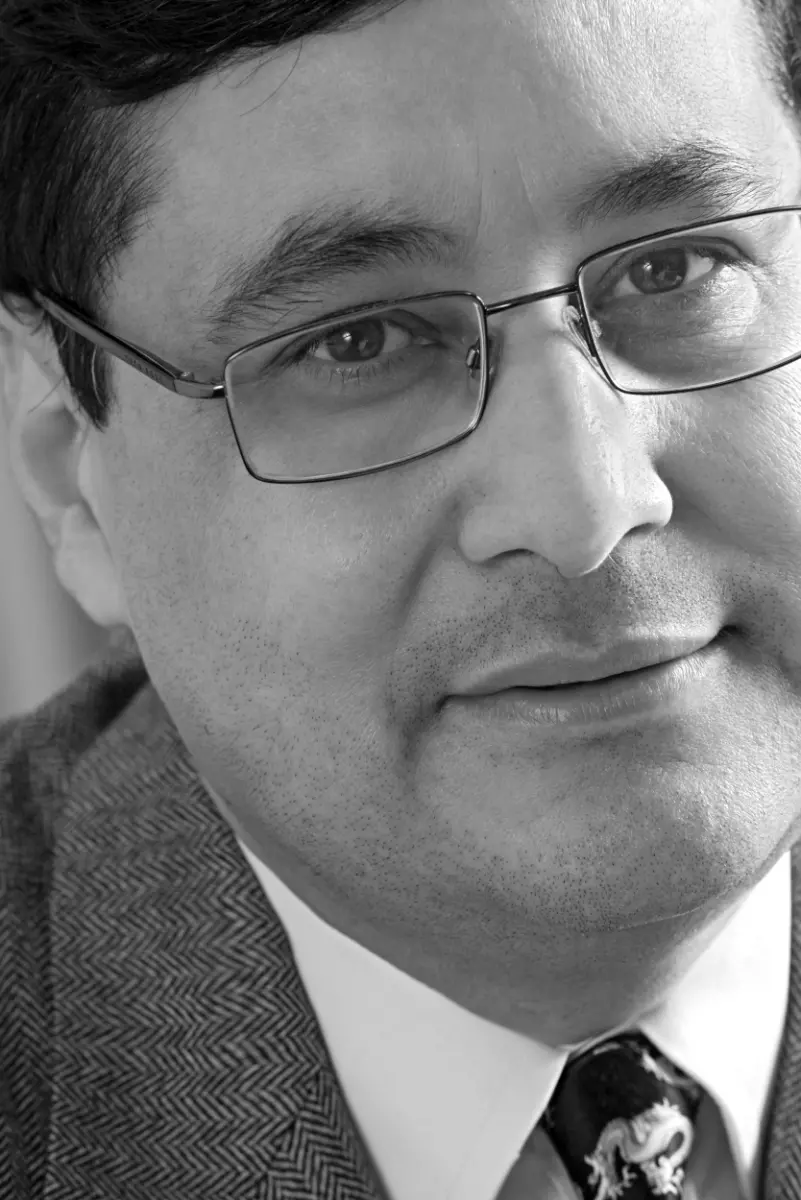
Prof. Najam was a lead author for the third and fourth assessments of the Intergovernmental Panel on Climate Change (IPCC), work for which the IPCC was awarded the 2007 Nobel Peace. In 2008 he was appointed by the UN Secretary-General to serve on the United Nations Committee for Development Policy (CDP). In 2009, the President of Pakistan conferred on him one of Pakistan’s highest civil honors, the medal Sitara-i-Imtiaz (SI), for his distinguished services to education and environment.
Sabina ALKIRE, Director, Oxford Poverty & Human Development Initiative Oxford

Her research interests include multidimensional poverty measurement and analysis, welfare economics, the capability approach, the measurement of freedoms and human development. Publications include ‘Valuing Freedoms: Sen’s Capability Approach and Poverty Reduction’, as well as articles in Philosophy and Economics. She holds a DPhil in Economics, an Msc in Economics for Development and an MPhil in Christian Political Ethics from Magdalen College, Oxford.
Ji XI, Research Fellow of Center for Human and Economic Development Studies
Julie NEWTON, Research Associate, Sustainable Communities, Cardiff University

Prior to joining BRASS, she was a Research Officer at the Wellbeing in Developing Countries (WeD) research group (2004-2007), University of Bath dedicated to the study of poverty, inequality and quality of life in developing countries. The research focused on developing a conceptual and methodological framework for understanding the social and cultural construction of wellbeing in Bangladesh, Ethiopia, Peru and Thailand. In 2006, she worked in the UK government’s Sustainable Development Unit within Department for Environment, Food and Rural Affairs (Defra). The placement explored stakeholder engagement in developing policy based on evidence from wellbeing research. It specifically focused on integrating a wellbeing approach into sustainable development policy. At Defra she provided wellbeing expertise more generally and specifically on the development of a common understanding of wellbeing and wellbeing indicators used within the UK. It also involved research exploring the links between the natural environment and wellbeing. She continues to be a member of the UK wellbeing indicators group.

